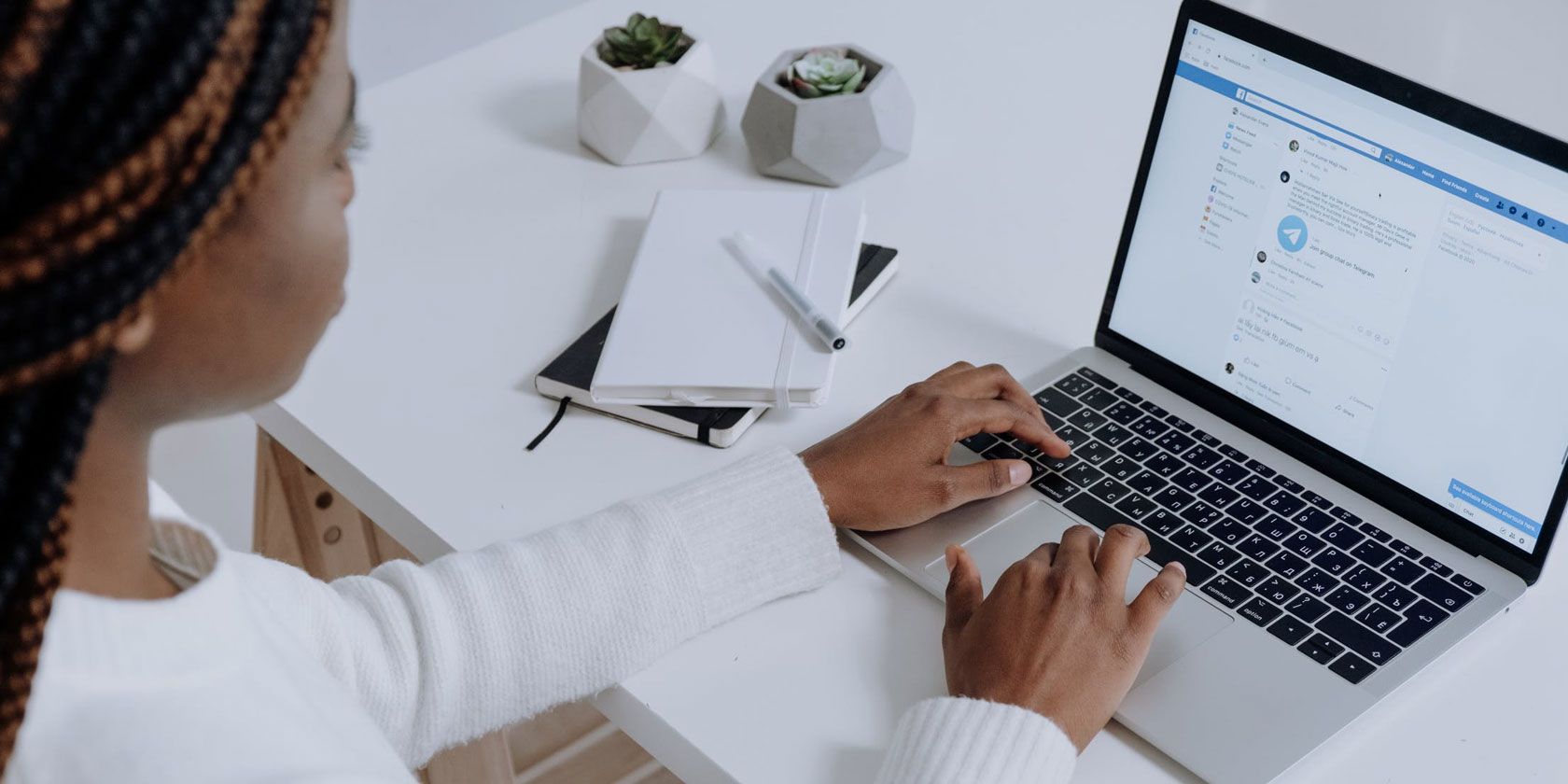If you have an anonymous Facebook account and you want to keep it that way, you have to be mindful of what you’re doing online. Facebook is always monitoring your actions so that it can suggest pages we may like or friends we may know.
Keeping your Facebook profile incognito can be tricky, but these tips will help you keep an anonymous account private…
Lock up Your Facebook Privacy Settings
After you create an anonymous Facebook account, you should adjust your privacy settings to make sure that it isn’t discovered by acquaintances. In these settings, you can customize who sees your posts, who can see your friends list, and who is allowed to add you.
This will allow you to keep your profile as private as possible. But you will still have to be mindful of who you are adding to your friends list.
Change Post Privacy Settings
You can adjust the privacy settings for all future posts in your Facebook settings.
To set your privacy level for all future posts:
- Click the small triangle icon in the top-right corner of your Facebook news feed page.
- On the dropdown menu, select Privacy.
- In the Your Activity section, select Edit next to Who can see your future posts.
- Select Friends.
This means that only the people who are your friends will see your posts.
While this will change who sees your future content, any past posts you have shared on your new account may have been visible to the public.
To change the visibility of your past posts you can select the option Limit Past Posts on the same page.
This will ensure that only the people on your friend list will see the posts that you shared in the past.
How to Limit Friend Requests on Facebook
When your Facebook account is brand new, anyone can send you friend requests. However, you can change who is allowed to send you requests by going into your privacy settings again.
To change who can send you friend requests:
- Click the small triangle icon in the top-right corner of your Facebook news feed page.
- On the dropdown menu, select Privacy.
- Under How People Find and Contact You, go to Who can send you friend requests.
- Select Friends of friends.
By selecting “Friends of friends”, you are only allowing the friends of the people on your friend list to add you. There used to be a setting to block friend requests completely, but Facebook has removed this option. So “Friends of friends” is most private option you have.
Whether your Facebook profile is anonymous or not, it is important that you personally review your friend requests and be mindful of who you confirm as a friend.
Change Your Friends List Visibility on Facebook
Another way to lock up your privacy settings is to change the visibility of your friends list.
Changing this setting so that only you can see your friends list helps prevent “creepers” from going through your friends to look for commonalities such as hometowns or places of employment. This will also help to keep your identity private.
To change the visibility of your friend list:
- Click the small triangle icon in the top-right corner of your Facebook news feed page.
- On the dropdown menu, select Privacy.
- Under the How People Find and Contact You section, go to the Who can see your friends list.
- With the dropdown menu, select Only me for optimum privacy.
Are you being bombarded with Facebook friend requests? If you want more information on privacy and friend requests, check out this article about hidden Facebook friend request settings.
Always Use a Fake Name
Facebook likes to connect us by employing a digital “six-degrees of Kevin Bacon” type of monitoring and recommendation. The company monitors who we have added in the past and recommends new friends based on our current friends list.
When you use your real name and photo, this makes it easy for random people, like that annoying friend from college, to find you on Facebook.
To keep your identity incognito, you should select a name that is not similar to your real name.
You should also avoid using your nickname for your Facebook handle if it is common knowledge in your social circles.
Limit the Disclosure of Your Personal Information
On Facebook, you have the option to share your place of employment and past education in your bio.
When you add this type of information to your profile, it is more likely that you will be discovered by people who you have met at these places.
To keep your profile private, you can leave this section blank or have some fun with it. This is an opportunity for some humor—you could add a workplace from your favorite television show or movie.
If you don’t want to wake up to ten friend requests from old colleagues or schoolmates, we suggest keeping the real information about your workplace and education to yourself.
Be Mindful of Your Interactions With Family and Friends
Whenever you comment on a friend’s photo, write a happy birthday message on someone’s wall, or like a post, you are increasing the chances of your anonymous Facebook profile being discovered by common friends.
One of the fun parts of having Facebook is interacting with others, but if you want to remain truly anonymous, we would suggest sending private messages to your friends instead.
Limit Your Participation in Groups or Pages in Your Hometown
If you live in a small city or town, there’s a chance that your anonymous Facebook account might be discovered via community Groups or Pages. Facebook especially likes to elevate activity from people who haven’t posted in a while and you could appear on the timelines of other members of the Group.
If you want to keep your profile private, avoid posting or commenting publicly on Pages or public Groups.
Share Personal Details With Care
If you want to keep your profile privacy protected, be mindful of what you share on Facebook. Sharing information about your hometown, your real name, or other sensitive information can lead to your identity becoming common knowledge.
Of course, there are general rules around information you should never share on social media. But for an anonymous profile to stay anonymous, you need to be extra vigilant.
We should always “think before we click” on social media. Sometimes we don’t, but having an anonymous profile will make you more aware of what you are liking and sharing online.
Is an Anonymous Facebook Profile Right for You?
After using your anonymous Facebook account for a couple of weeks, you may decide that being incognito online is not for you, and that’s okay.
However, if you need a break from the people in your life or are concerned about privacy, this type of account may be just what you need to feel comfortable on social media.
But if all this caution seems a bit too much, you may consider just locking up the privacy of your current profile and trimming down your friends list considerably.
About The Author

